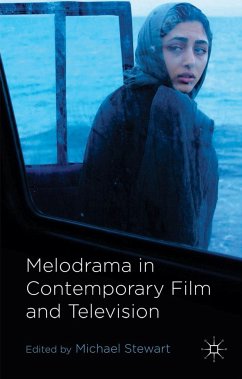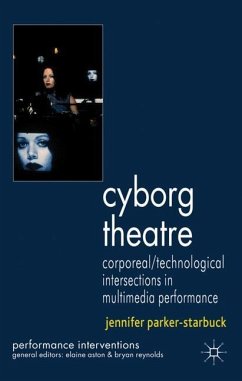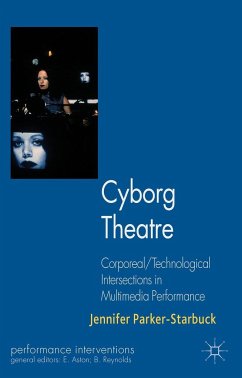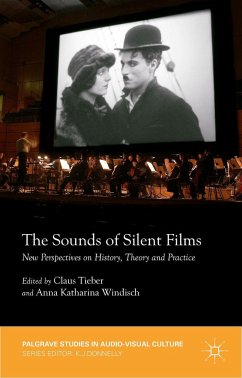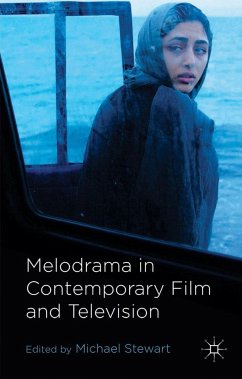
Framing Uncertainty
Computer Game Epistemologies

PAYBACK Punkte
23 °P sammeln!
This book presents a compilation of articles on the subject of game studies written over the last ten years. These texts reflect a decade of research in European computer game studies from a theoretical perspective that combines philosophy, cultural studies, visual studies, and media studies in a way that is unique to a specific type of media theory developed in Germany over the last thirty years. This theory differs quite significantly from media studies as usually conceived in Anglo-American academia, providing new perspectives that are rooted in continental philosophical traditions ranging ...
This book presents a compilation of articles on the subject of game studies written over the last ten years. These texts reflect a decade of research in European computer game studies from a theoretical perspective that combines philosophy, cultural studies, visual studies, and media studies in a way that is unique to a specific type of media theory developed in Germany over the last thirty years. This theory differs quite significantly from media studies as usually conceived in Anglo-American academia, providing new perspectives that are rooted in continental philosophical traditions ranging from phenomenology to post-structuralism and newer forms of "presence studies" in aesthetic theory.
The book provides (1) an introduction to a continental approach to game philosophy; (2) an aesthetic theory of computer games rooted in concepts of performativity and epistemology; and (3) an introduction to an interdisciplinary approach to game studies that is based on philosophical perspectives on the subject matter.
The book provides (1) an introduction to a continental approach to game philosophy; (2) an aesthetic theory of computer games rooted in concepts of performativity and epistemology; and (3) an introduction to an interdisciplinary approach to game studies that is based on philosophical perspectives on the subject matter.








